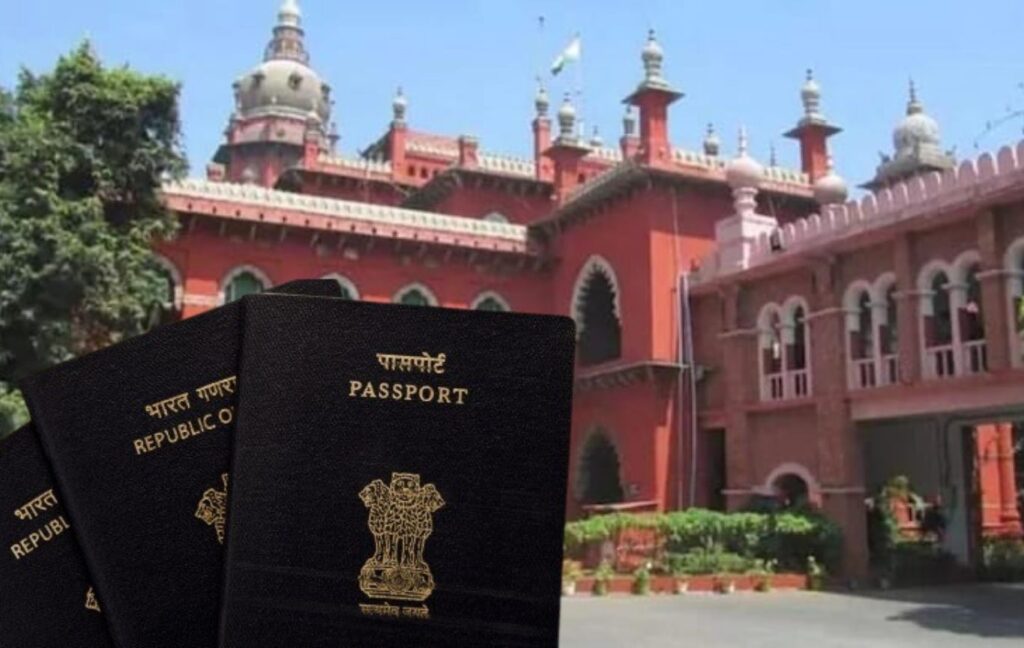High Court Verdict: No Need for Husband’s Signature in Woman’s Passport Process

High Court Verdict: No Need for Husband’s Signature in Woman’s Passport Process
Justice Anand Venkatesh says demanding a husband’s consent reflects a regressive, patriarchal mindset.
Reinforcing the constitutional autonomy of women, the Madras High Court has ruled that a woman does not require her husband’s signature or consent to apply for a passport. Justice N Anand Venkatesh, who delivered the judgment, strongly criticised the insistence on a husband’s approval, calling it a reflection of a “regressive mindset that views a woman as the property of her husband.”
The ruling came in response to a petition filed by Revathi, a Chennai resident, whose passport application had been stalled by officials at the Regional Passport Office. They claimed her request could only proceed with her estranged husband’s signature. Revathi explained that a divorce petition was pending and it was practically impossible for her to obtain his signature under the circumstances.
Justice Venkatesh made it clear that no such legal requirement exists for a woman to seek her husband’s approval when applying for a passport. He reiterated that marriage does not strip a woman of her individual identity or legal rights. “A woman retains her full rights and does not lose her individuality after marriage,” the court observed.
In his directive, the judge ordered the Regional Passport Officer to process Revathi’s application and issue the passport within four weeks, provided she fulfills the remaining formalities. The case was then disposed of.
This is not the first time the Madras High Court has stepped in to uphold women’s rights in bureaucratic processes, but this ruling sends a strong message against institutional patriarchy and affirms a woman’s right to navigate her life and documents independently.











